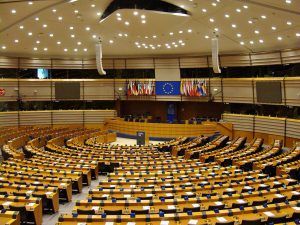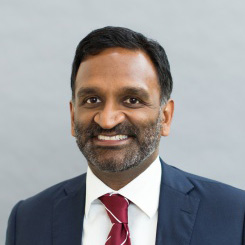
In my previous Letter from Rome, I asked whether populists have the capacity to govern, given the failings of the Italian coalition made up of left-wing and right-wing populists and their apparent disdain for ideology.
In the wake of the recent elections for the European Parliament, the corollary question is whether non-populists can actually win elections.
It’s a bit of a trick question, since elections are popular by nature, even if they are not always simply majoritarian. Intellectuals who blame the people for not electing their betters would seem to be permanent losers, however. How else to explain statements such as this one from a retired Italian ambassador quoted in the New York Times: “Leaders are able to or try to bypass institutions and the traditional systems of checks and balances by going directly to the people. And that can lead to a phase where you actually do away with democracy.”
Of course, the people can elect a demogague who threatens individual liberties and minority rights; it has happened before and is likely to happen again. This is precisely the reason why liberal democracy rather than democracy itself must be defended.
The problem is the left has rejected liberalism for progressivism, which is impatient with the more retrograde desires of the people as well as the checks and balances of modern constitutional government. If it is unwilling to side with liberal democracy, the left has nowhere to go but further down the rabbit hole of multiculturalism and identity group politics guided by a techocratic elite.
The late Irving Kristol had some wise and prescient things to say about populism and intellectuals. In a 1972 Public Interest piece, he looked at why intellectuals consistently misjudged the people’s desire for lower taxes and economic prosperity. In a 1985 Wall Street Journal op-ed, he defended the “new populism” (as opposed to that which the Framers of the US Constitution feared) against the depredations of the elites.
The right-wing populists of Hungary (whom I wrote about here), Italy and Poland (where I currently am) may not be defenders of classical liberalism but at least they seem to understand basic electoral politics.
More on this in my June letter next week, which you will be able to find on Acton’s Religion and Liberty Transatlantic.
(Photo credit: Wikicommons By Paasikivi)

